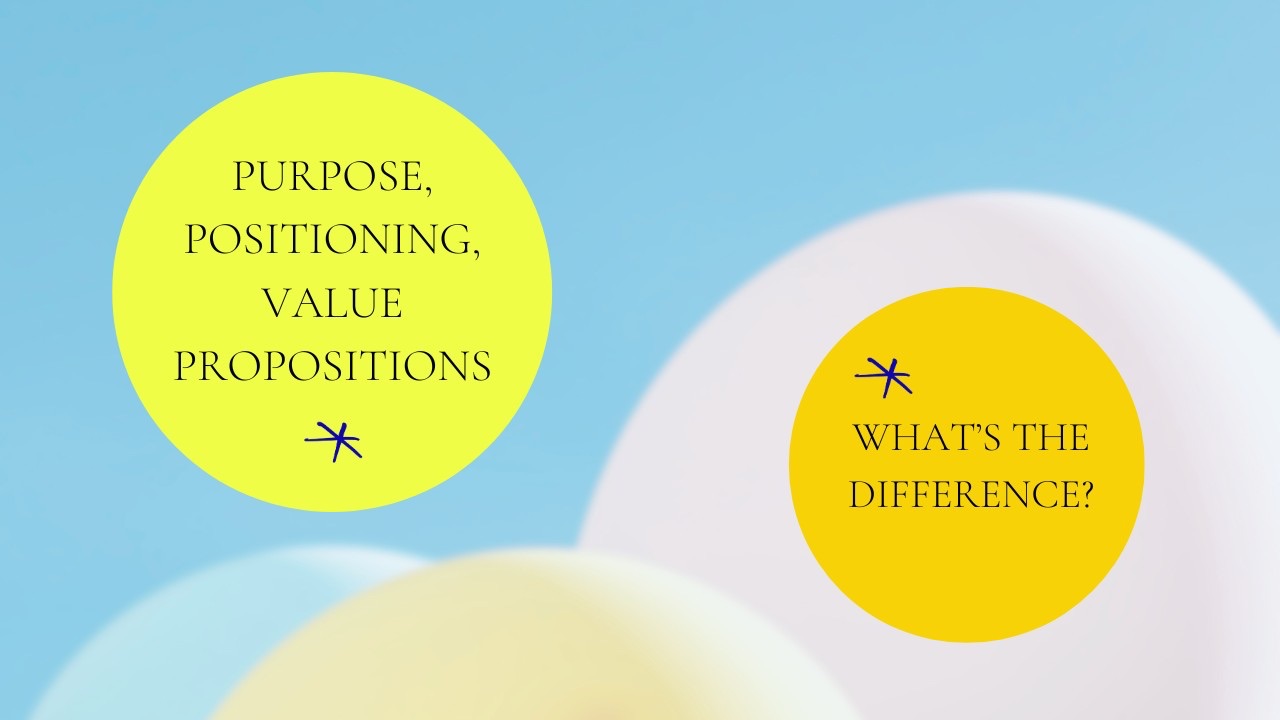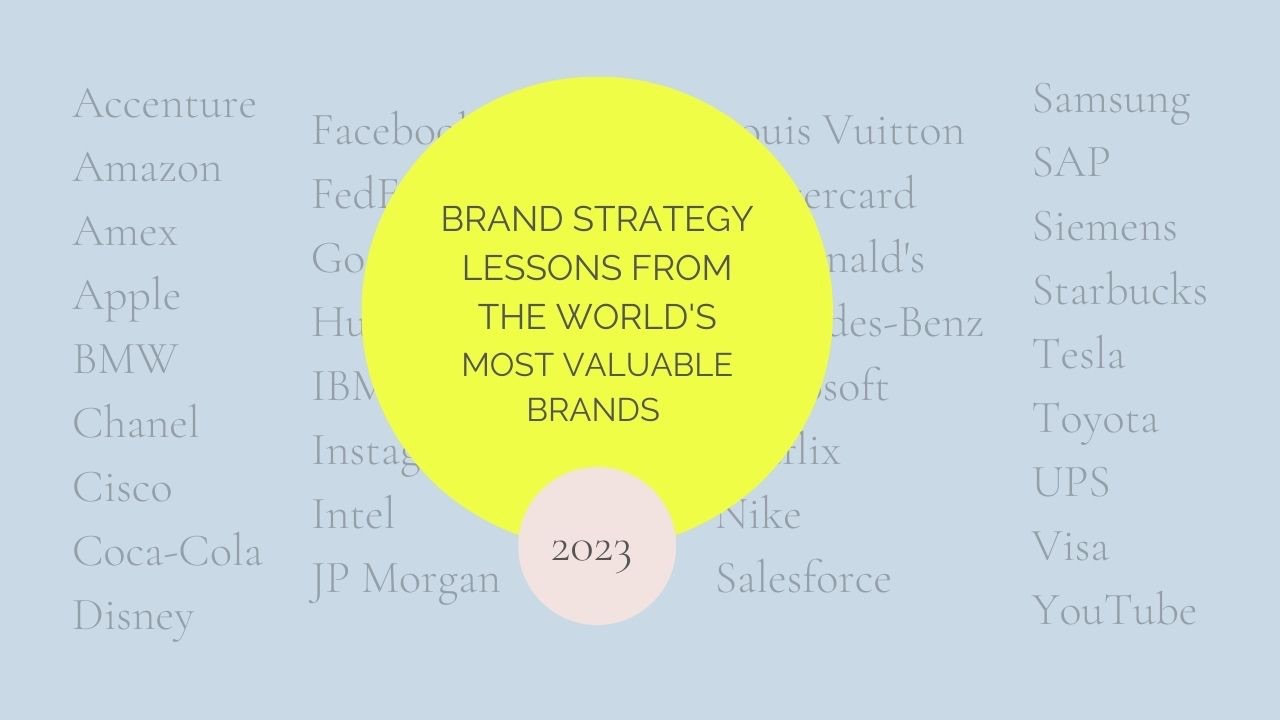What are the best things to read and listen to to get better at brand strategy?
Here's a list of the ones I'd recommend. This list covers books, podcasts, and newsletters. If you want this as an easier-to-read pdf - just click here.
Enjoy! (And don’t get overwhelmed. There isn’t a brand s...
“Begin with the end in mind.”
One of the ‘Seven Habits of Highly Effective People’, and common sense, you might say.
But very unhelpful if you’re trying to learn how to do brand strategy.
Because here’s what happens.
When people try and learn how to do brand strategy they start by researching...
What does it take to build a successful brand?
People have been taking about this decades, but now neuroscience, marketing science and behavioural economics have added another level of understanding.
But what does it all say...simply??
I have you covered.
Read on for all the latest on how to bui...
Brand strategy jargon. It’s everywhere. It stops smart people learning how to do brand strategy, and it prevents great ideas from becoming drivers of business growth.
It’s a barrier to clarity and simplicity – key elements of an effective strategy.
Positioning, value propositions and purpose are ...
What are the best brand strategy examples to learn from?
Here's a great place to start.
There's a set of ‘superbrands’ that top the charts.
34 of them in total.
Read on to find out who they are, with examples that highlight what to focus on when creating brand strategies for your clients or...
Do you ever need to convince clients of the value of brand strategy?
Are you wondering whether it's worth adding brand strategy to your skillset?
It helps to have some hard proof on why brand strategy is worth investing in.
Fortunately, there's a lot of research available now to help. What it sh...
There’s some pretty bad advice out there when it comes to creating values.
It tends to go like this:
- Here are some examples of good values: Innovative, Honest, Open, Customer-Focused, Teamwork, Integrity, Accountability.
- Now just sit down with your leadership team and decide what yours should b ...
If you’ve been doing brand strategy for a while, you can feel like you’ve hit a plateau. It's hard to know how to keep growing your skills.
These book recommendations are for you.
There are a few directions you could go to deepen your brand strategy skills and the value you offer clients.
First...
Do you find that jargon is one of the most confusing things about brand strategy?
Should you create a positioning or purpose? Mission or vision? Values or beliefs? A brand personality or archetype?
Wouldn’t it be great if there was just one brand strategy template that works for all brands?
We...
Developing a brand strategy is one of the most important things for any organisation to get right. Brand strategy has been proven to increase market share, help companies grow faster than others, help to retain employees and attract new talent and focus and improve innovation.
The world's best bran...











